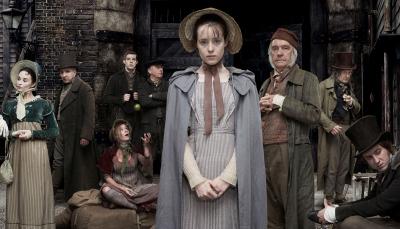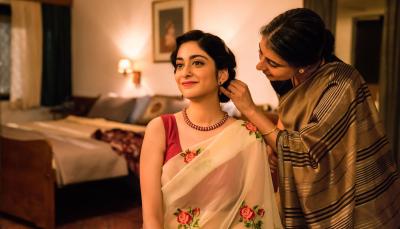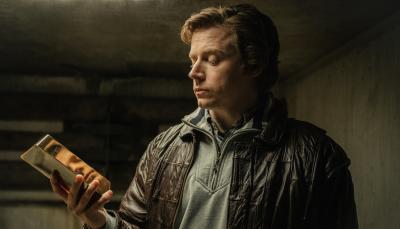Acorn TV's 'A Suitable Boy' is Lush and Full of Insight About India's Past
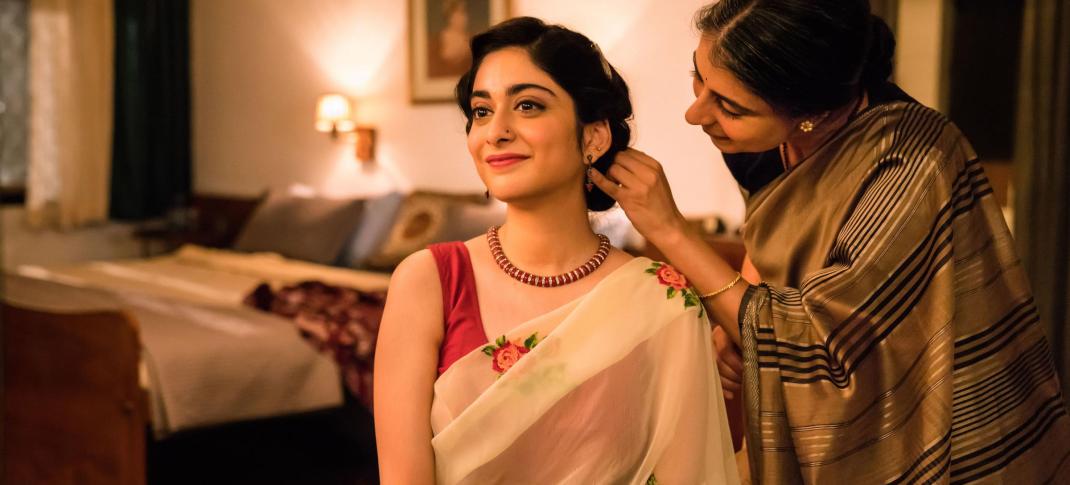
When India became independent in 1947, it was partitioned into two countries. India was free, but the land and the people were divided forever. (A Suitable Boy)
Kabir: May I walk with you?
Lata: Sure, India is a free country.
Based on Vikram Seth’s monumental 1993 novel, the BBC’s dramatization of A Suitable Boy arrives in the U.S. on AcornTV this month, with two episodes dropping on December 7, followed by weekly releases of the remaining four, through January 4. The series is directed by renowned activist and filmmaker Mira Nair, whose credits include The Reluctant Fundamentalist (2012), Vanity Fair (2004), and Monsoon Wedding (2001), and its huge cast includes both Bollywood stars and notable newcomers. It was filmed entirely in India, and it’s gorgeous to watch, although its swooning romanticism is tempered by examination of some serious political issues which still reverberate today.
Set in India in the fictional town of Brahmpur, the story takes place in 1951, only four years after partition and independence. In every episode, the opening titles remind us of the violence and bloodshed that came with the creation of two new nations and the fragility that now exists between them. The eruption of violence between Hindu and Muslim factions is always a possibility, even in a quiet university town. The British cultural legacy is strong—characters reach for tea and biscuits under stress, cricket is still the major sport, but things are changing, particularly in the lives of the four families the series follows (you may find this guide helpful).
Nineteen-year-old Lata Mehra (a breakout role for Tanya Maniktala) is under pressure from her widowed mother Mrs. Rupa Mehra (Mahira Kakkar) to find “a suitable boy”—an educated man from a good family with a career in education or government. It goes without saying that he must also be Hindu. The film opens with the wedding of Lata’s sister Savita (Rasika Du) marrying a man she’s briefly met just once, Pran Kapoor (Gagandeep Singh Riar).
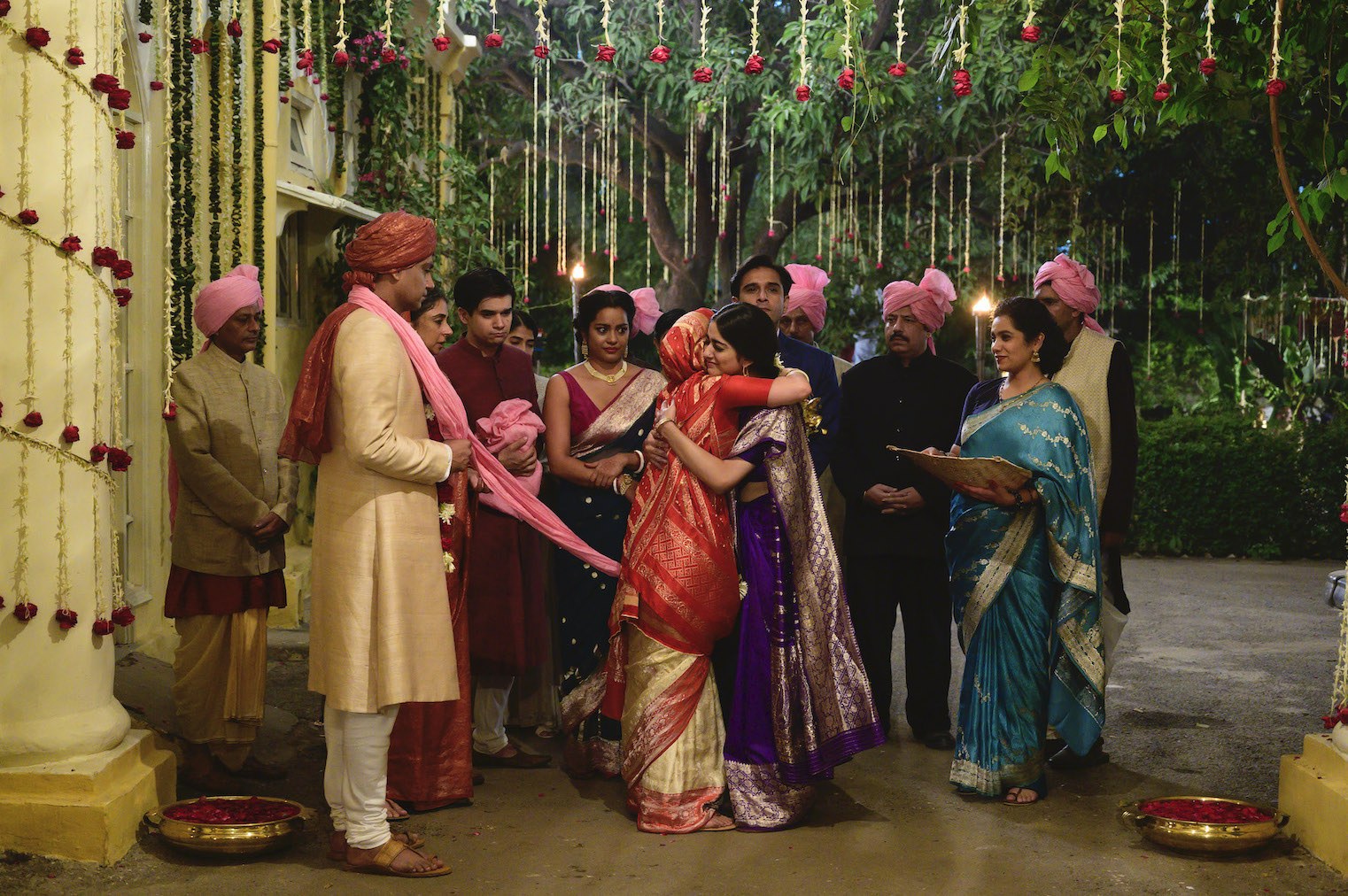
The screenplay is by Andrew Davies (Sanditon, War and Peace, Pride and Prejudice) and it’s clear that we’re deep in Austen country with the Mehra family.
Lata is a bright English literature student who is both a Lizzy Bennet and a Mr. Bennet to Rupa’s Mrs. Bennet. There is deep affection between them but Lata can’t resist provoking her, with outrageous statements about becoming a nun or falling in love with a married man. Lata is a mix of feistiness and innocence whose favorite poet is John Donne, and she switches effortlessly into flirt mode when confronted with a handsome man, which doesn’t always work out too well for her.
Her best friend Malati (Sharvari Deshpande), who is far less romantically inclined (Pride and Prejudice’s Charlotte Lucas, if you like) attempts to advise a more straightforward approach. The homosocial society makes courtship difficult; in a rare moment of real insight, Lata observes that although she has difficulty talking to men, it’s not easy for men to talk to women either.
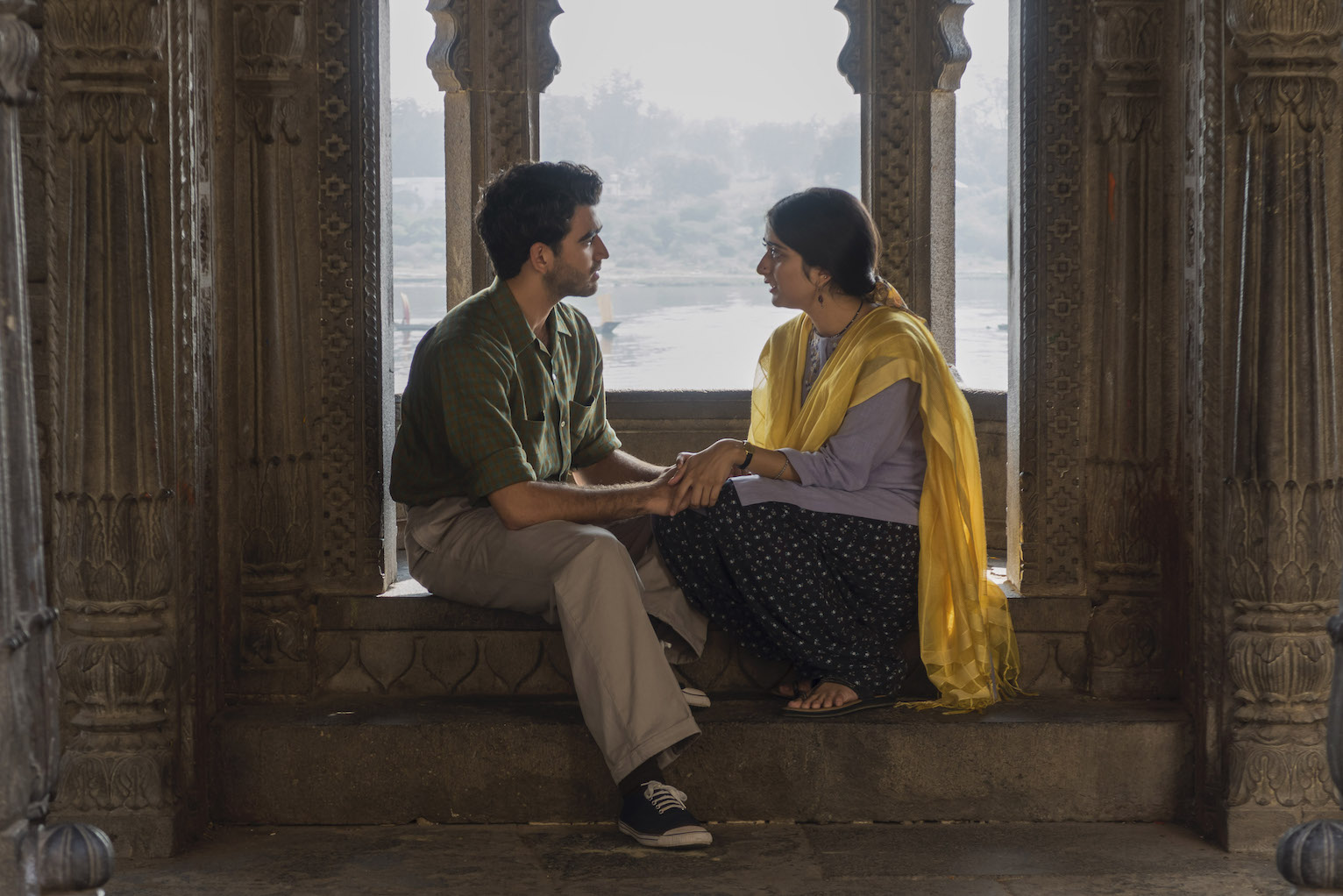
Because Lata's coy about asking the name of gorgeous Kabir Durrani (Danesh Razvi, who puts the sexy back into cricket, yes, really), she’s already in love with him when she learns his last name and realizes he’s Muslim. He’s an intellectual whose family doesn’t put much stock in religion and he’s taken aback by Lata’s insistence that they cannot marry—he even goes so far as to write her after that she owes him an apology! Courtship by letter features strongly in the storyline, just as it does in Austen’s novels.
When Rupa learns her daughter has been seen alone with a strange young man, she whisks her off to Kolkata where her son Arun (Vivek Gombar) lives with his sexpot wife Meenakshi (Shahana Goswami). They represent the segment of Indian society that has embraced the British legacy and Western culture, with Arun employed by a British company.
Lata is introduced to Meenaskshi’s brother, Amit Chatterji (Mikhail Sen), a slick sophisticated literary wanna-be just back from Europe who gives off all sorts of warning signals, but Lata is fascinated by him.
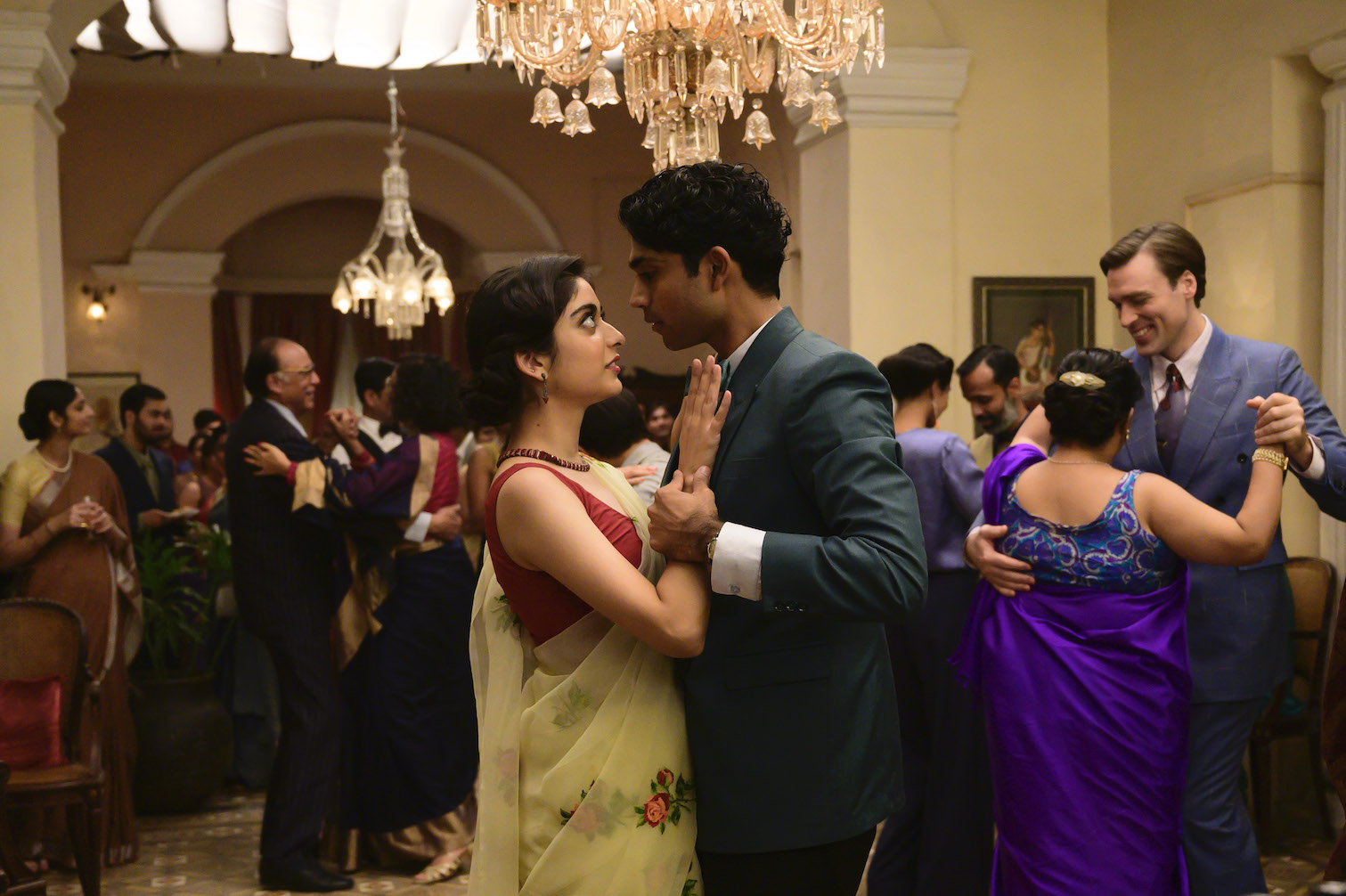
Rupa, to give her credit, does not like Amit, so she and her cronies come up with candidate number three. Haresh Khanna (Namit Das) is a dapper dresser also returned from England, with aspirations to build a shoe-making empire. Ironically, he and Lata have a moment early on as she and her mother leave for Kolkata, and their eyes meet across a crowded train station platform.
All of Lata’s extended family think they know what is best for her and they tolerate her educational accomplishments; but what choices does she have if she doesn’t marry? She begins with no agency and little understanding of herself, but the series concludes with her finally able to define her own path in life. And, importantly, she is able to vote for the first time.
Interestingly, the only encounters in the series that hold any real heat are intimate, sexually loaded conversations between two handsome young men, best friends (almost certainly with benefits, as the author intends): Muslim Firoz Ali Khan (Shubham Saraf) and Hindu Maan Kapoor (Ishan Knatter). Maan is the pretty, flirty younger brother of Leta’s sister’s husband (here’s that link again); their father Mahesh Kapoor (Ram Kapoor) is a leading politician who, with a major election coming up, is embarrassed by Maan’s bad boy bachelor behavior.
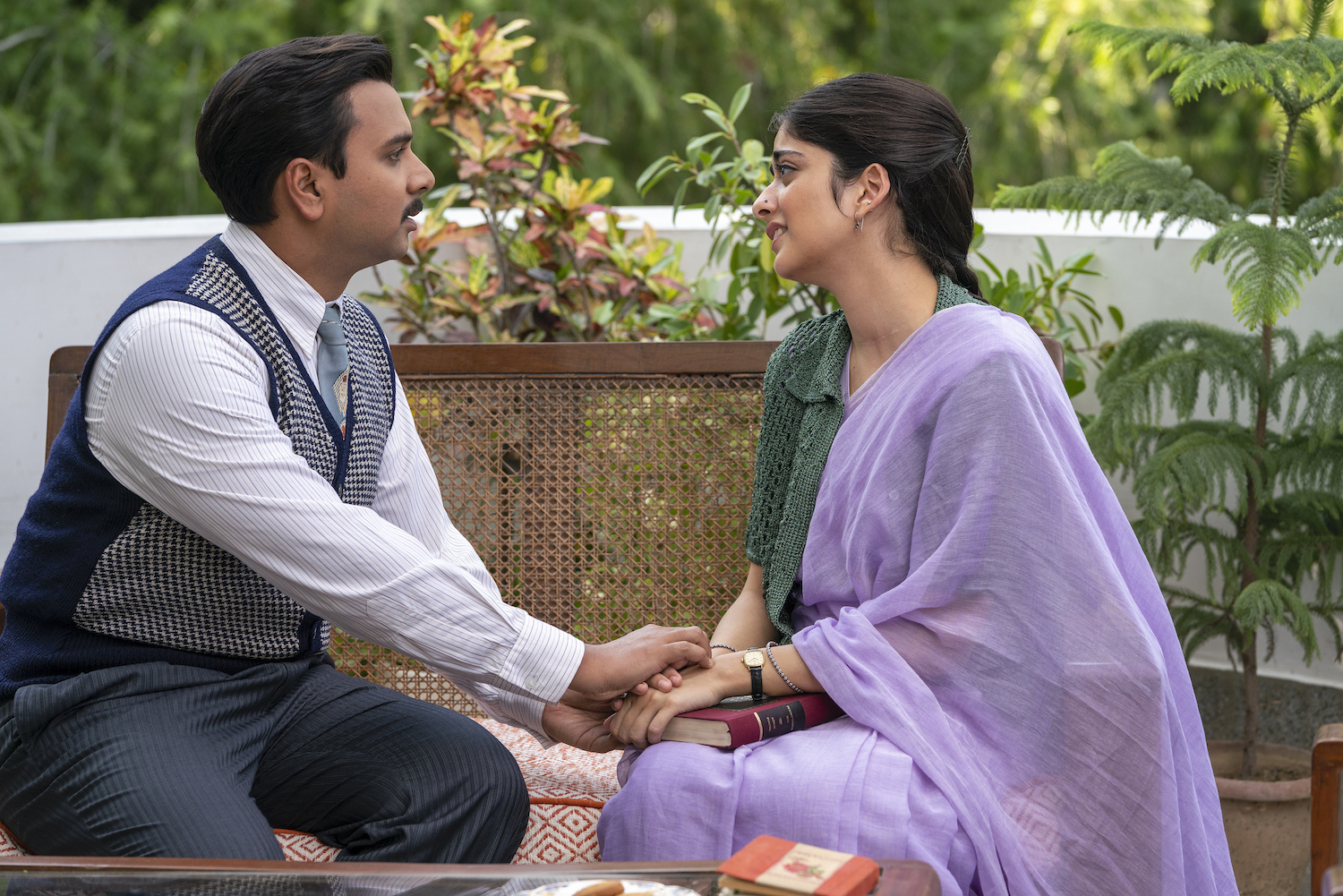
Firoz is the son of Nawab Sahib of Baitar (Aamir Bashir), a Muslim politician/aristocrat who is Minister Kapoor’s chief ally and friend. Both fathers are anxious that their playboy sons get serious and buckle down to a career. There’s an important election coming up and Kapoor’s reputation has to be squeaky clean. The two politicians are working on a controversial bill that will end India’s feudal system which, fostered by the British occupation, prevented peasants from owning land and placed considerable power in the hands of the aristocrats. Even now, in the town, the local Raja is supporting the controversial decision to construct a new temple next door to an ancient mosque, and inevitably that leads to bloodshed.
Maan does get serious—but not in the way his father intended. He falls madly in love with singer/courtesan Saeeda Bai (revered Bollywood star Tabu), and in these sequences, the series goes full Bollywood as Saeeda sings her feelings. A band of musicians stands by in her lush, silk-strewn boudoir. She represents a path outside of marriage for a talented and intelligent woman, but one that has its own sacrifices and dangers.
Maan’s father is furious about his son’s indiscretion and banishes him, and when he goes to Saeeda for help, she sends him to the country with her sister’s tutor Rasheed (Vijay Varma) to learn to read Urdu. Afraid of getting in too deep with a younger man, and anxious to preserve her privacy, Saeeda is also concerned about the growing intimacy between her sister Tasneem (Joyeeta Dutta) and Rasheed.
Maan experiences a political awakening in the remote rural village, and finally understands the importance of his father’s work. He promised he would make his father proud, but it doesn’t happen immediately, or without sacrifice, upon his return.
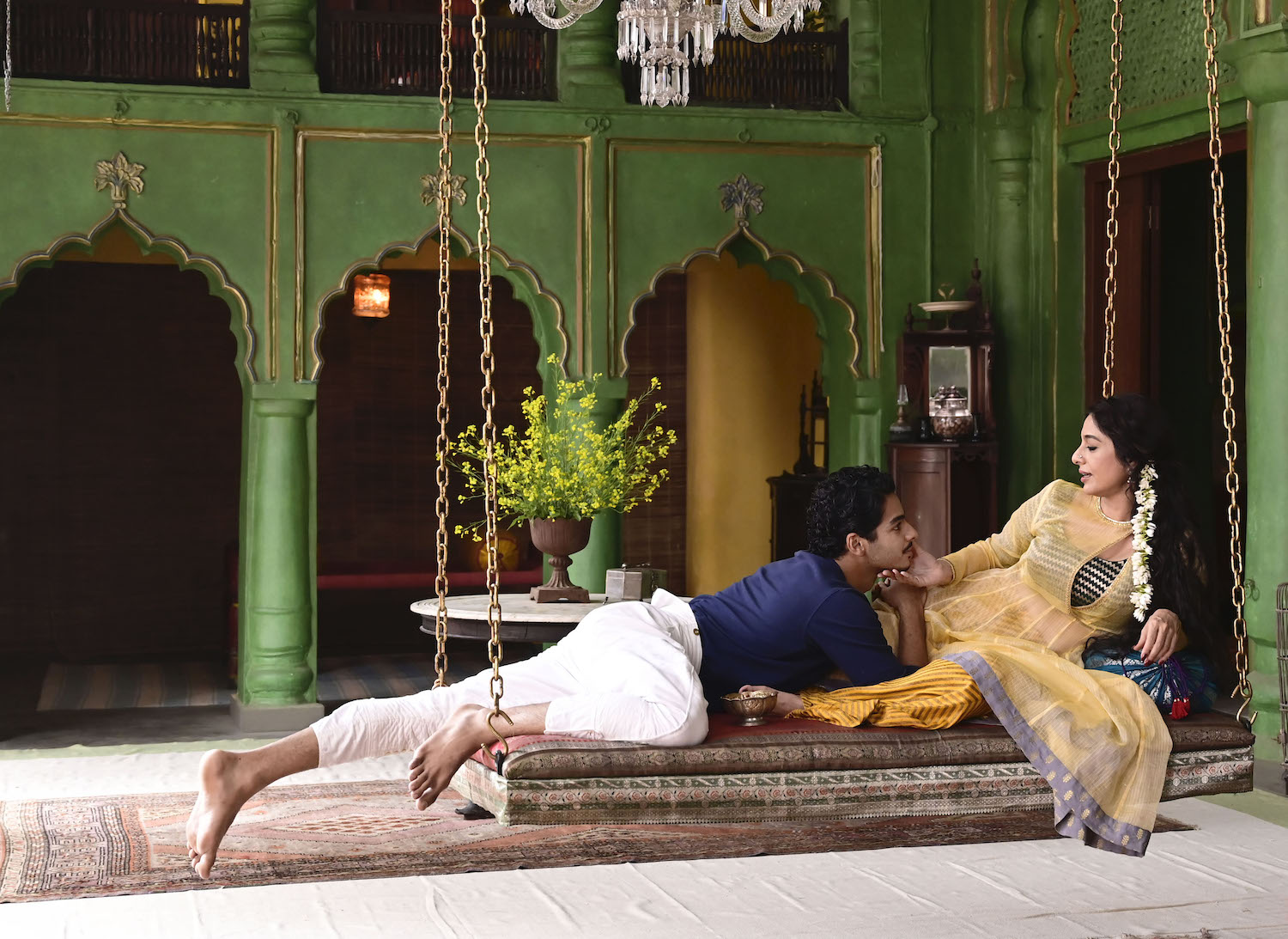
British TV has tackled India under British rule many times in series like The Jewel in the Crown (1984), Indian Summers (2015), or Beecham House (2019), with varying success, and almost always from an anglocentric, white-savior-syndrome viewpoint. As Britain is forced, and it's about time, to confront its imperial past, A Suitable Boy, with its Indian cast, direction, and production is a welcome step forward.
Is the show perfect? No. A 1300-page book does not translate easily into six episodes, not even with a veteran like Davies in charge, and author Seth consulting. The irony is that Davies could be the only writer capable of this distillation, although some of the dialogue is painfully clunky, particularly in the courtship scenes (maybe deliberately so?). The series has been criticized for switching between English, Urdu, and Hindi, but the book was written in English. It is a very Indian production with its nods to Bollywood tradition, but it has a resolutely English approach too, with its gorgeous visuals and emphasis on the exotic (oh, those shimmering silk saris and beautiful, dusty, golden landscape shots, the picturesque street scenes ...).
That the series manages to combine both a dreamily beautiful romantic sensibility with a serious examination of its historical period is a credit to director Nair and all involved. And the fact remains that almost thirty years ago when A Suitable Boy was published, a series like this could never have been made.
Are you planning to watch it? Let’s discuss! And if you've seen it, do you think Lata made the right choice?


